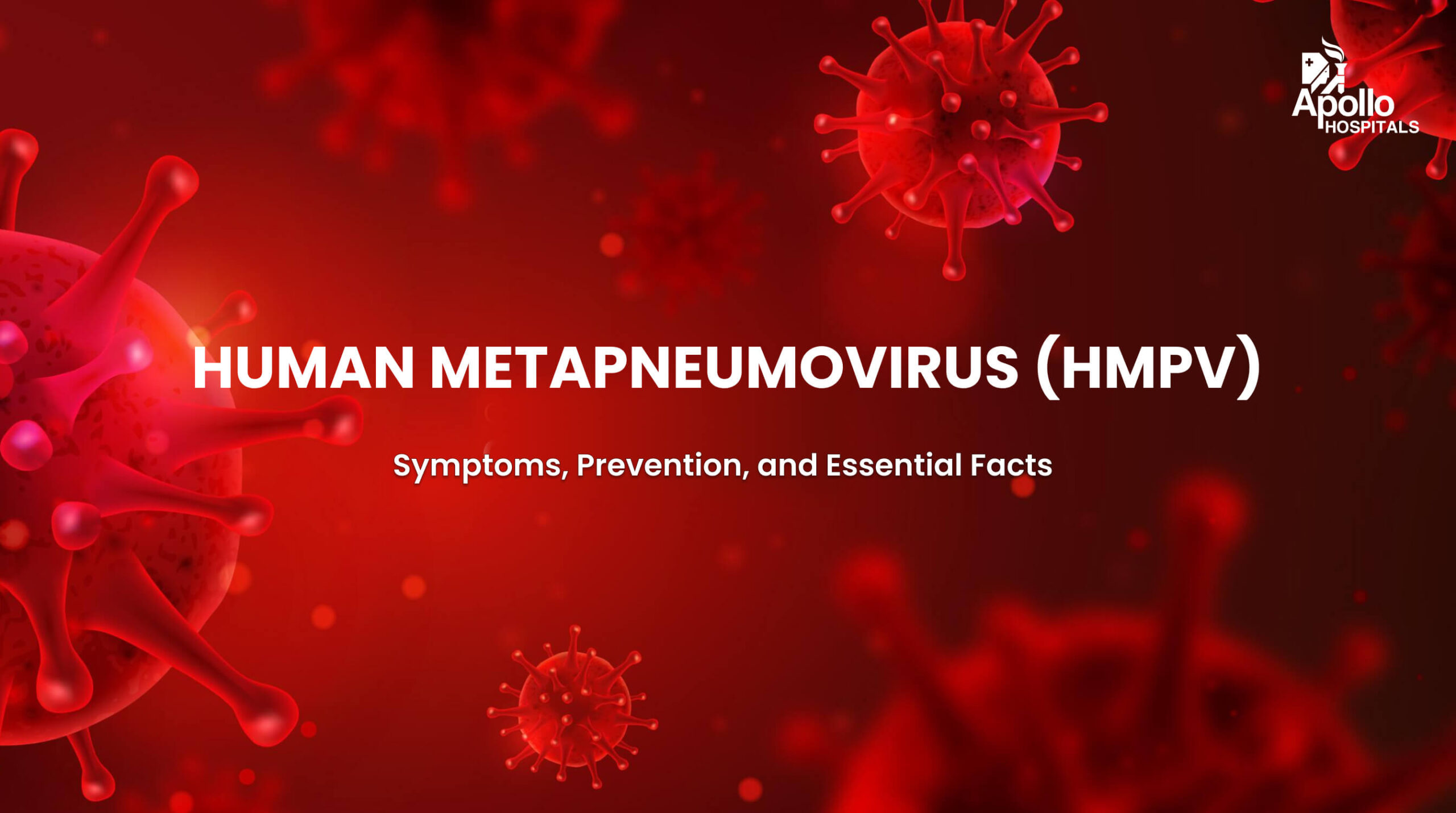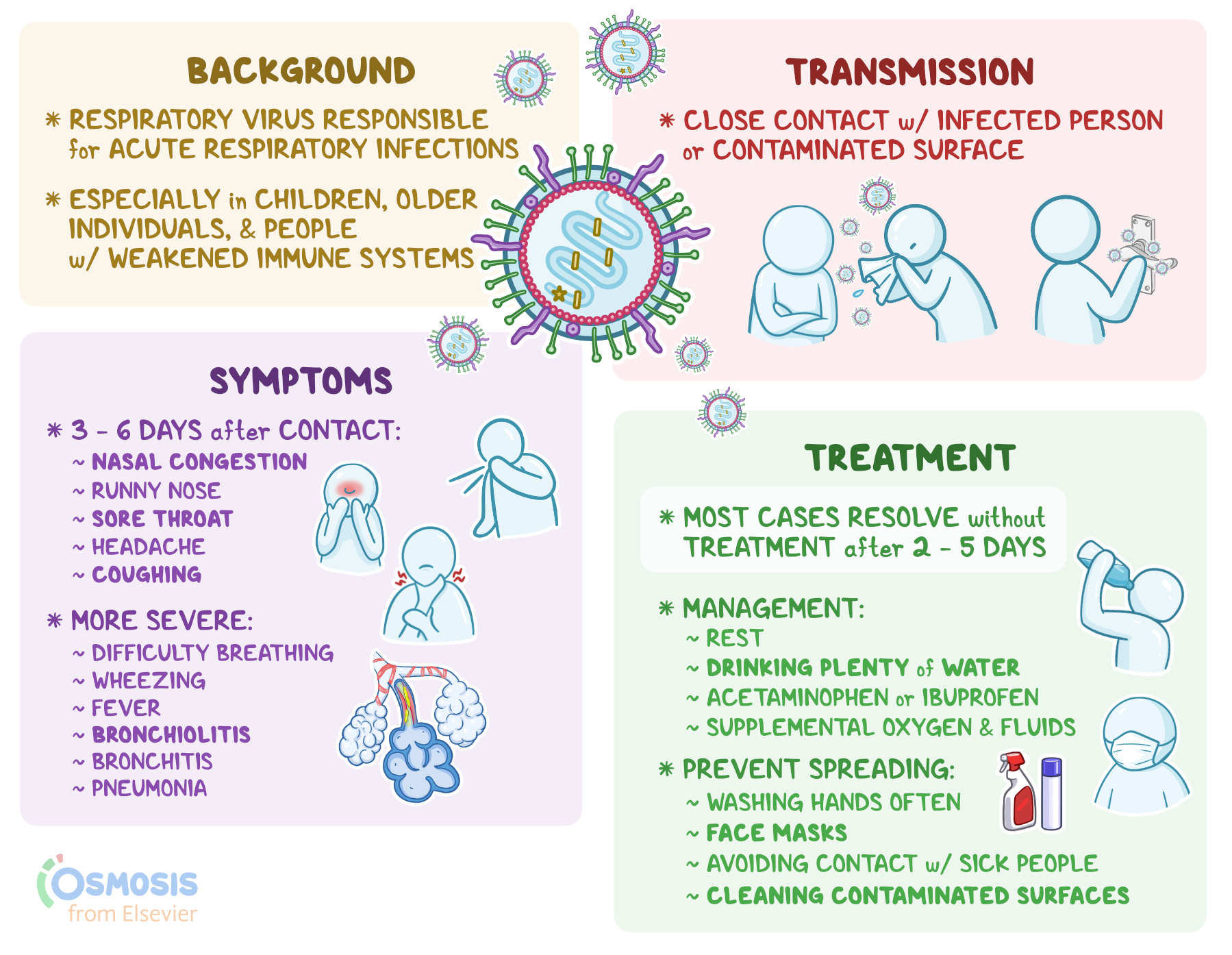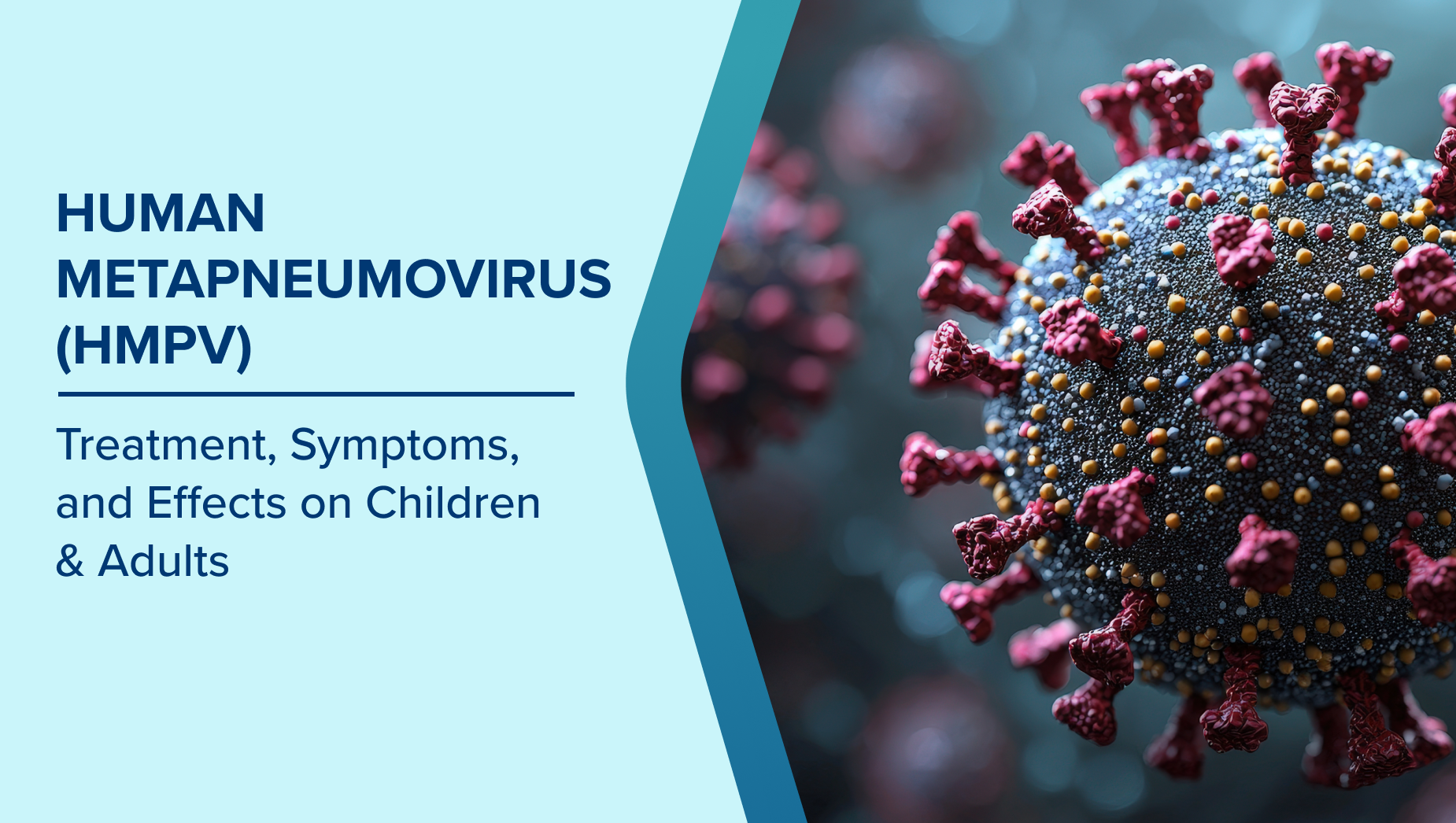"HMPV :Know The Risk Take The Precautions " 😷🤒✍️

Hey Questers 🤗 Today I want to share you about the most important news 🗞️ Human Metapneumovirus (HMPV)
Let's Start ✍️

1. What is HMPV?
Human Metapneumovirus (HMPV) is a single-stranded RNA virus that belongs to the Paramyxoviridae family, closely related to respiratory syncytial virus (RSV). It primarily causes respiratory infections and was first discovered in 2001.
2. Transmission
HMPV spreads through:
Respiratory droplets (coughing, sneezing)
Direct contact with contaminated surfaces or hands
Close contact with infected individuals
3. Symptoms

Symptoms of HMPV infections are similar to other respiratory viruses and range from mild to severe, including:
Common cold-like symptoms (cough, runny nose, sore throat)
Fever
Wheezing and shortness of breath
Bronchiolitis
Pneumonia
Severe cases are more common in infants, elderly, and immunocompromised individuals.
4. High-Risk Groups
Children under 5 years
Elderly adults (especially those over 65)
Individuals with underlying lung or heart disease
Immunocompromised individuals
5. Diagnosis
Diagnosis involves:
PCR testing (most common and sensitive)
Rapid antigen detection tests
Serological tests (to detect antibodies)
6. Treatment
There is no specific antiviral treatment for HMPV. Management is supportive and includes:
Fever control (antipyretics like acetaminophen or ibuprofen)
Hydration
Oxygen therapy (in severe cases)
Bronchodilators (for wheezing)
Hospitalization in severe cases of respiratory distress
7. Prevention

Hand hygiene (regular hand washing with soap)
Avoid close contact with infected individuals
Disinfection of commonly touched surfaces
Isolation of infected individuals to prevent spread
8. Epidemiology

HMPV is a global virus with seasonal outbreaks, typically occurring in late winter and early spring.
It is responsible for 10-20% of respiratory infections in children and can also cause outbreaks in nursing homes and hospitals.

Would you like more details on any specific aspect, such as vaccination research or recent outbreaks?
Thanks Stay Safe 🙏 @iQOO Connect 🫶
Signing off
Manab ✍️
Please sign in
Login and share

























